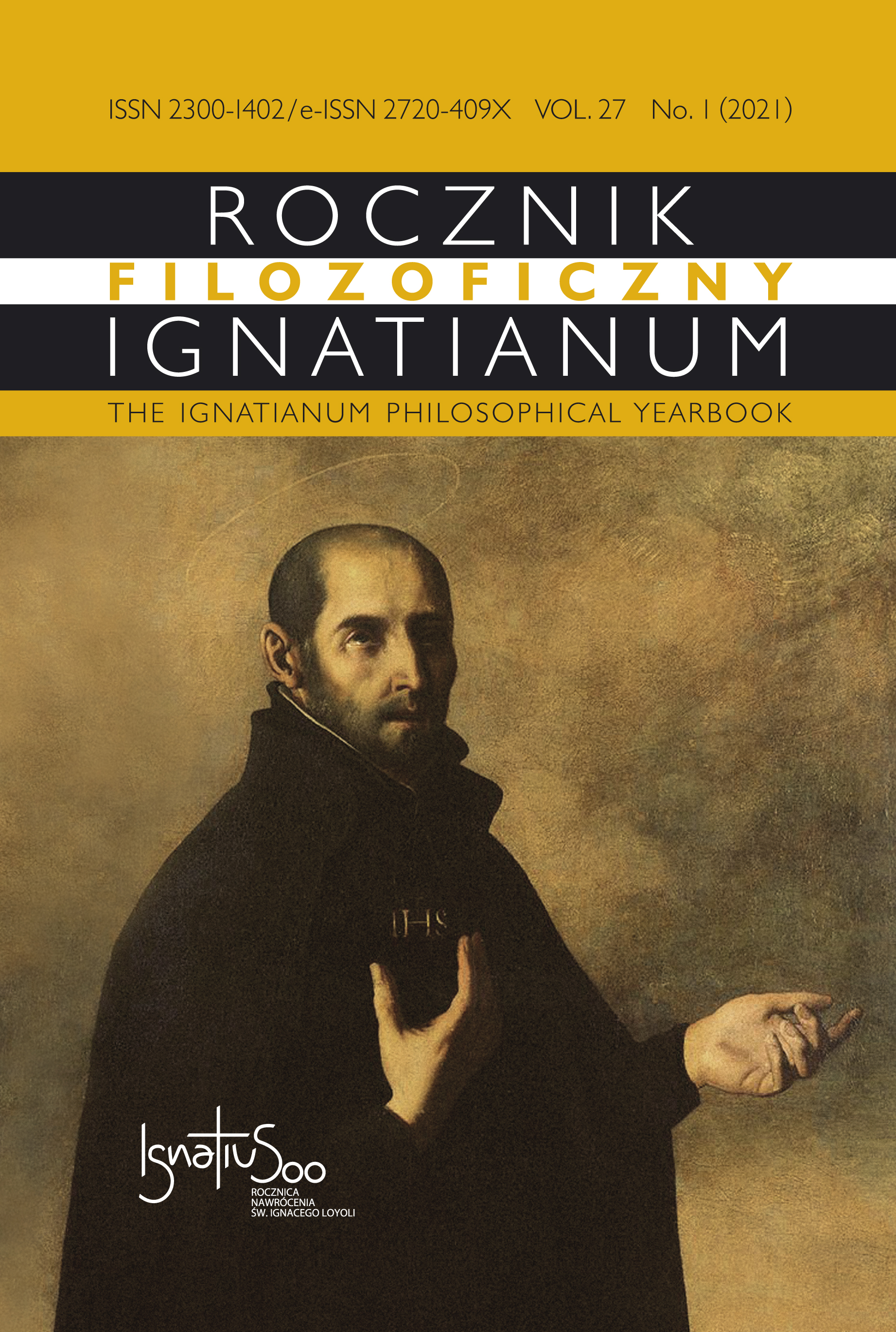The New Athens as an example of an educational strategy based on jesuit missionary assumptions
Abstract
The article is a contribution to the history of Polish culture. The author draws attention to the fact that from the moment the Jesuits appeared in the Polish Republic, their activities, including educational ones, met with alternating condemnation and criticism. This controversy was especially true in the eastern territories of Poland, and the problems with the establishment of the Lviv college clearly indicated suspicion of Jesuit teaching methods and ways of carrying out missionary tasks.
The aim of this article is an attempt to explain at least some of the reasons for the discrediting of Father Benedykt Chmielowski’s Nowe Ateny [New Athens] (Lviv 1745-1746; 1754-1756) by a significant number of Polish humanists at the turn of the 20th century. Critics of the time considered the work to be a scientifically unreliable “Sarmatian encyclopaedia”, appreciated by poorly educated readers at the end of the First Republic, but considered to be nonsense by later generations. Since the turn of the twenty-first century, however, more and more attempts to rehabilitate Nowe Ateny and to appreciate the erudition of its author have appeared in Polish scientific literature. Articles, dissertations and monographs, written by philologists and historians, are now being devoted to the various entries from Father Benedict Chmielowski’s almanac. The author of this article is also undertaking research in this area. Its main thesis, formulated in the title of this publication, is proven by research methods used in cultural history and theory.
The article is an introduction to the title issue and focuses attention on what the author sees as a pioneering undertaking of Fr. Benedykt Chmielowski, graduate of the College of Lviv. He undertook the task of creating the first Polish universal encyclopedia on the basis of his own college knowledge, his independent studies and the results of his personal observation. Universal, that is, intended for every nobleman who could read at the time, a graduate of one of the monastic schools. In this way, Father Chmielowski realized and developed the educational strategy of Jesuit schools, offering his readers a form of self-education, innovative in his time.
Copyright (c) 2021 Jesuit University Ignatianum in Krakow

This work is licensed under a Creative Commons Attribution 4.0 International License.
The Yearbook only accepts materials for publication that are free of all conflicts of interest, and that in no way involve conflicts over authorship, copyright, etc. The Editors will take action against any cases of plagiarizing, ghostwriting1, guest/honorary authorship2, etc. Where co-authored work is concerned, the Author listed first is expected to take responsibility for the submission, and is required to make clear the contributions of all of the Co-Authors involved. In the event of the publication owing its existence to funding dedicated to this purpose, this fact should be made clear: e.g. in any note of thanks/acknowledgement, or in a footnote, etc. Explicit notification should be given of any form of reprinting, with the appropriate evidence of permission to publish being furnished as required. Any impropriety on the part of Authors/Reviewers risks exposing them to appropriate responses from the relevant institutions.
______
1 This term refers to instances of a person who has made an essential contribution being omitted from the list of authors, or from notes conveying gratitude and/or acknowledgement.
2 This occurs when a person who has made either an insignificant contribution or no contribution at all nevertheless appears on the list of authors.





